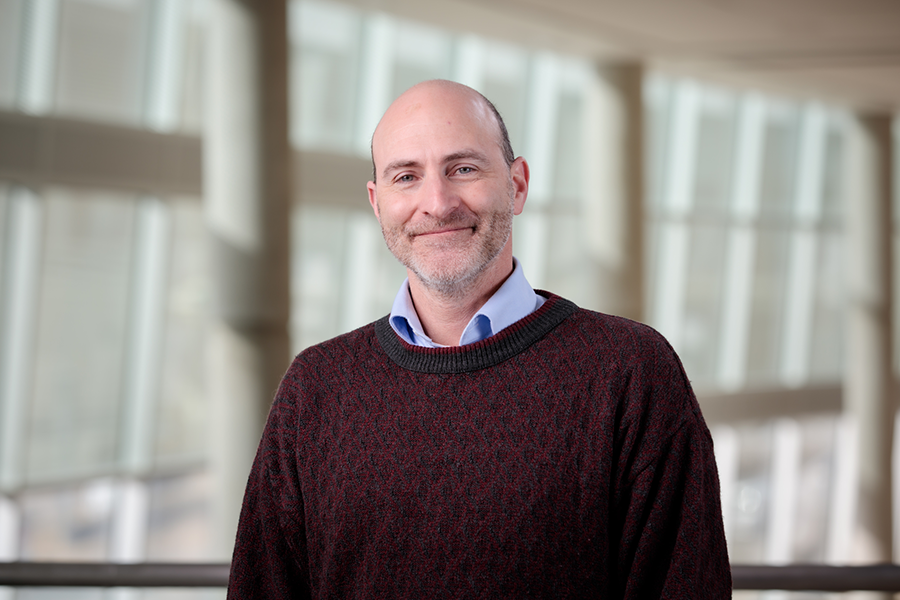David Brett-Major, MD, MPH
•Professor, UNMC College of Public Health, Department of Epidemiology
•Global Center for Health Security Scholar

Professor David Brett-Major is an Internal Medicine and Infectious Diseases physician and a Scholar of the UNMC Global Center for Health Security. He has worked at home, in South America, Africa, and Asia as a clinician, educator, researcher, and in health emergency risk management. At the University, he teaches infectious diseases epidemiology, conducts research, and works with both the Global Center for Health Security and the College of Medicine’s Division of Infectious Diseases. As a clinical scientist and medical epidemiologist, his research interests focus on risk, how it may be identified, characterized, and managed from patient- and community-centered vantages, particularly related to emerging and re- emerging infectious diseases.
Professor Brett-Major has extensive experience in tropical public health and tropical medicine. He directed the Defense department’s military tropical medicine program, responsible for the in classroom and field training of health professionals from across the uniformed services. He also directed a university-level, American Society of Tropical Medicine and Hygiene approved certificate course in tropical medicine and travelers’ health. He is a former President of the Clinical Group of that society and is a fellow of both the American College of Physicians and the Royal College of Physicians, Edinburgh. His experiences in science management and product development, leading emerging infectious diseases research and development, and international research network activities help him to generate and distribute solutions to health emergency and disaster risk management problems.
Professor Brett-Major spent two years seconded to the World Health Organization, serving as a Medical Officer in the Health Security and Environment cluster. His work there included health security policy and management on issues such as research in emergencies, Dual Use Research of Concern, high consequence pathogens including pandemic influenza, and all hazards preparedness. He also provided technical advice and participated in global alert and response coordination against pandemic threats, including Ebola virus disease, Middle East respiratory syndrome coronavirus, and avian influenza A(H7N9). He has worked in Guinea, Nigeria, Sierra Leone, and Uganda for filovirus emergency preparedness and response. In Nebraska, he has been part of the COVID-19 response nationally and locally. These themes continue in his research, teaching, and service.